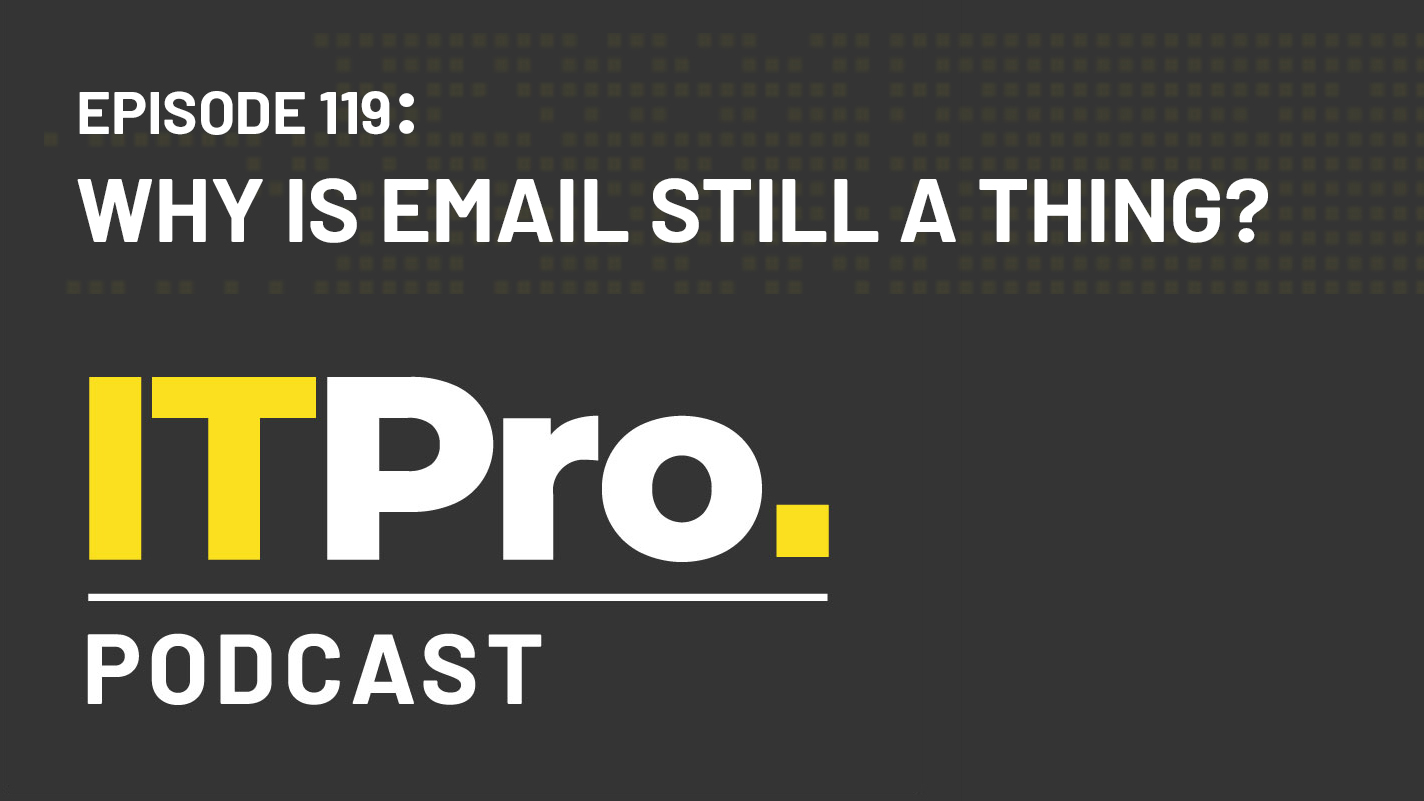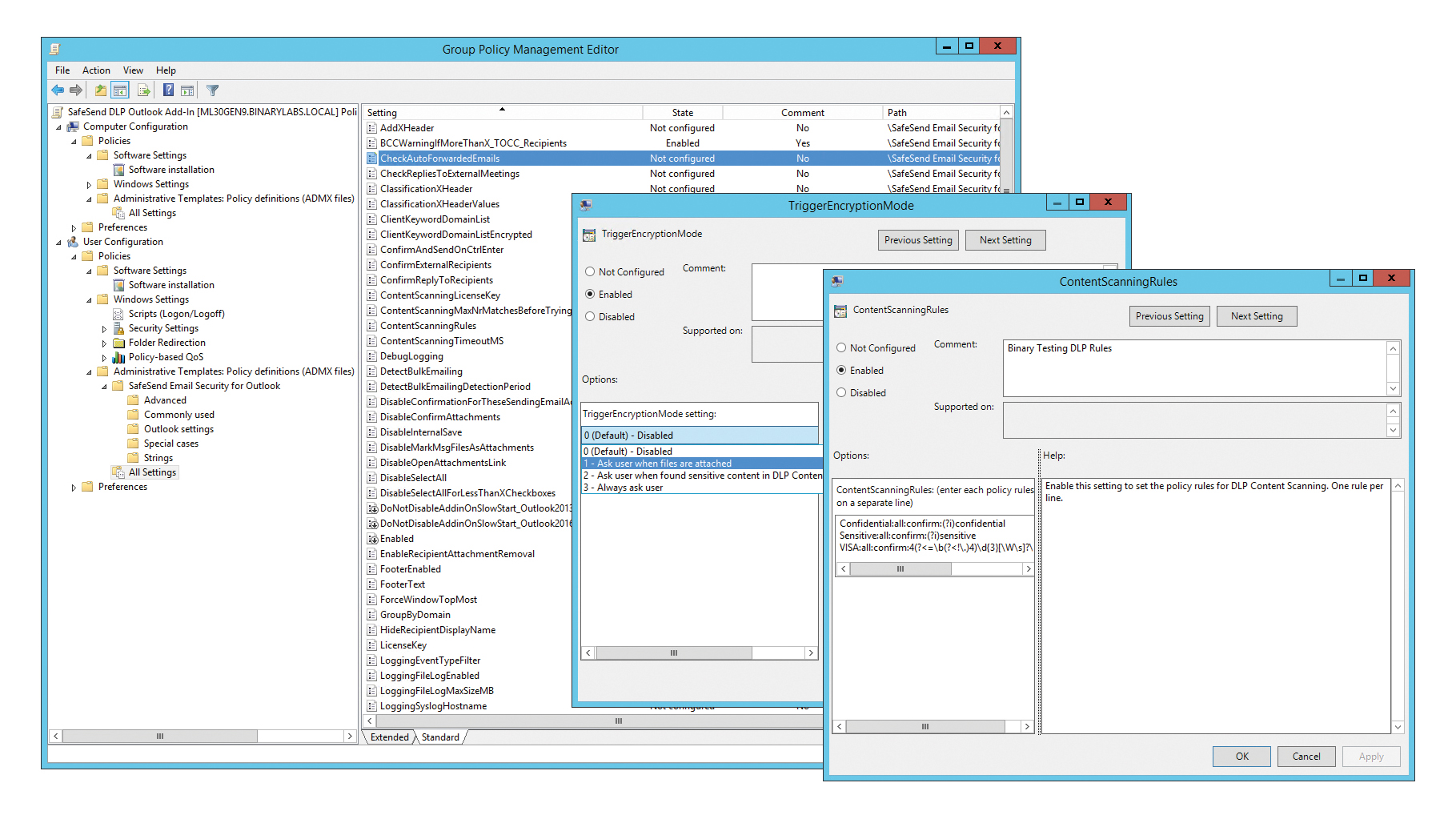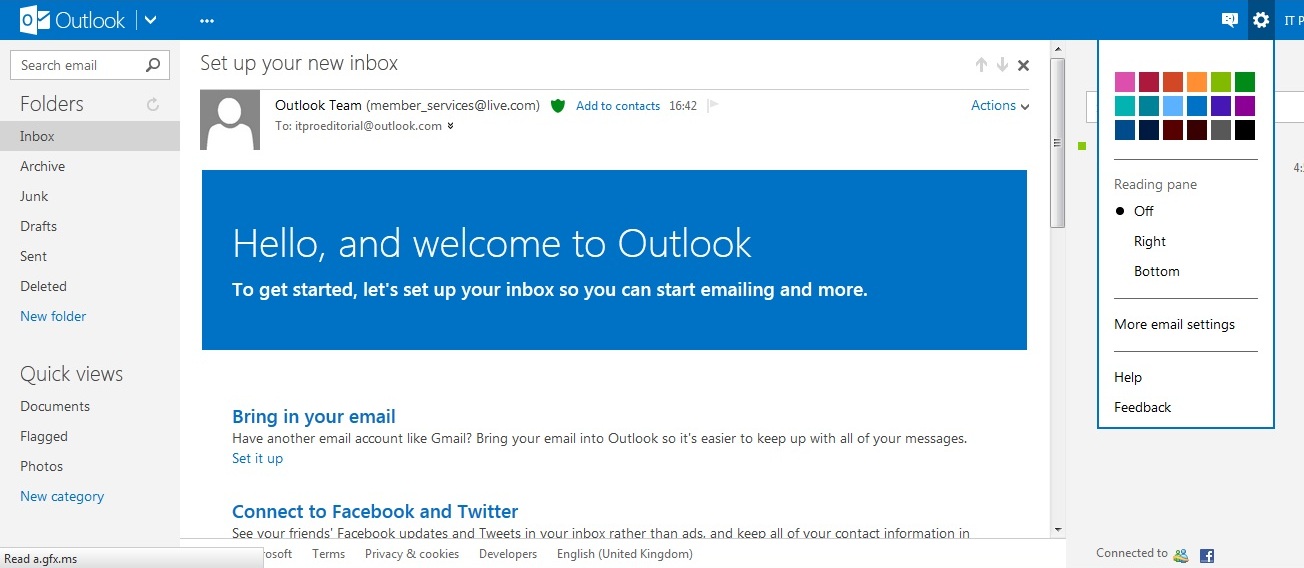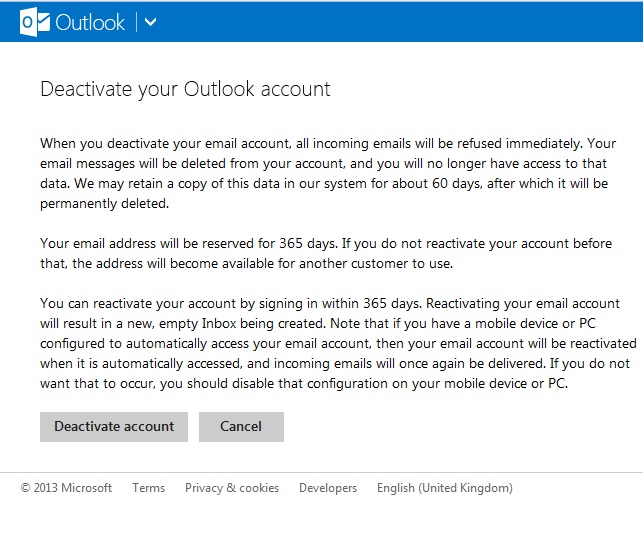Business Smartphone Roundup
Following on from our look at Symbian-based smartphones, IT PRO turns its attentions to some of the latest offerings running Windows, PalmOS, BlackBerry OS and more.
Ask any American what they think a smartphone is, and they'll more than likely point out to either a BlackBerry or a Palm device. Once the king of the Personal Digital Assistant manufacturers, Palm has struggled to adapt to the different requirements of the smartphone world. Partly this is due to the myriad of corporate changes behind the scenes, which has meant that PalmOS is not as flexible as others.
PalmOS devices have a clear problem of only being able to run one application at a time... as the user switches between applications, data is saved to the disc, and the data for the next application is called up. To the user, it appears to be a multi-tasking computer, when in fact it's all smoke and mirrors. It worked for the early palm models, but now it causes more problems as it solves.
If you are browsing the web on the Treo 680, and fancy checking your email, then when you run the email client, the Treo will first of all exit the web browser (dropping the internet connection), opening the email client, and then re-establishing the internet connection to poll the mailbox. And it's a right royal pain in the neck having to wait up to thirty seconds for that connection to be re-established. So much of communication nowadays requires you to be always connected, from a constant need to check emails, to a presence on an instant messaging system. It is clear, in comparison to the other devices on test here, that any PalmOS-based smartphone is not suitable as a communications platform.
While other operating systems grew and accommodated new features and demand from the user, Palm OS is stuck in a little time warp. It is still impossible to have a contact with two address details (eg one for work and one for business). Given that the tweaks Palm has applied to the device to allow the 680 to be effectively used by one-hand, and the ease of use of the applications to a new user, the Treo 680 is, ultimately, a disappointing smartphone for the business user. Palm may have a long legacy of devices, and a large range of third party software, but the core features on the device, and the underlying dated operating system, means it is very hard to recommend the 680 in a business environment.
Verdict
Given that the tweaks Palm have done to allow the 680 to be effectively used by one-hand, and the ease of use of the applications to a new user, the Treo 680 is, ultimately, a disappointing smartphone for the business user.
Sign up today and you will receive a free copy of our Future Focus 2025 report - the leading guidance on AI, cybersecurity and other IT challenges as per 700+ senior executives
-
 The IT Pro Podcast: Why is email still a thing?
The IT Pro Podcast: Why is email still a thing?IT Pro Podcast Despite a proliferation of newer collaboration platforms, email stubbornly refuses to go away
-
 Google targets phishing with full BIMI email logo authentication support
Google targets phishing with full BIMI email logo authentication supportNews Gmail will tie logos to DMARC authentication
-
 The most secure email services of 2023
The most secure email services of 2023Best Email is not secure by design, but these email providers allow you to send emails with top-level security
-

 SafeSend Email Security for Outlook review: A great solution for security-conscious SMBs
SafeSend Email Security for Outlook review: A great solution for security-conscious SMBsReviews An invaluable last line of defence against Outlook email disasters that’s easy to deploy and manage
-
 White House launches official investigation into use of personal email accounts
White House launches official investigation into use of personal email accountsNews Senate Intelligence Committee rebukes Kushner for omitting private account
-
 How can IT leaders make the most of social media in business?
How can IT leaders make the most of social media in business?In-depth Real world organisations explain how they avoid the pitfalls of social media
-
 I don’t like Outlook.com. Where can I complain?
I don’t like Outlook.com. Where can I complain?Tutorials I don’t like Outlook.com. Where can I complain?
-
 I’m switching to Gmail. How do I close down my Outlook account?
I’m switching to Gmail. How do I close down my Outlook account?Tutorials Microsoft has made it relatively easy to deactivate Outlook.com accounts. Find out how with our easy guide.

